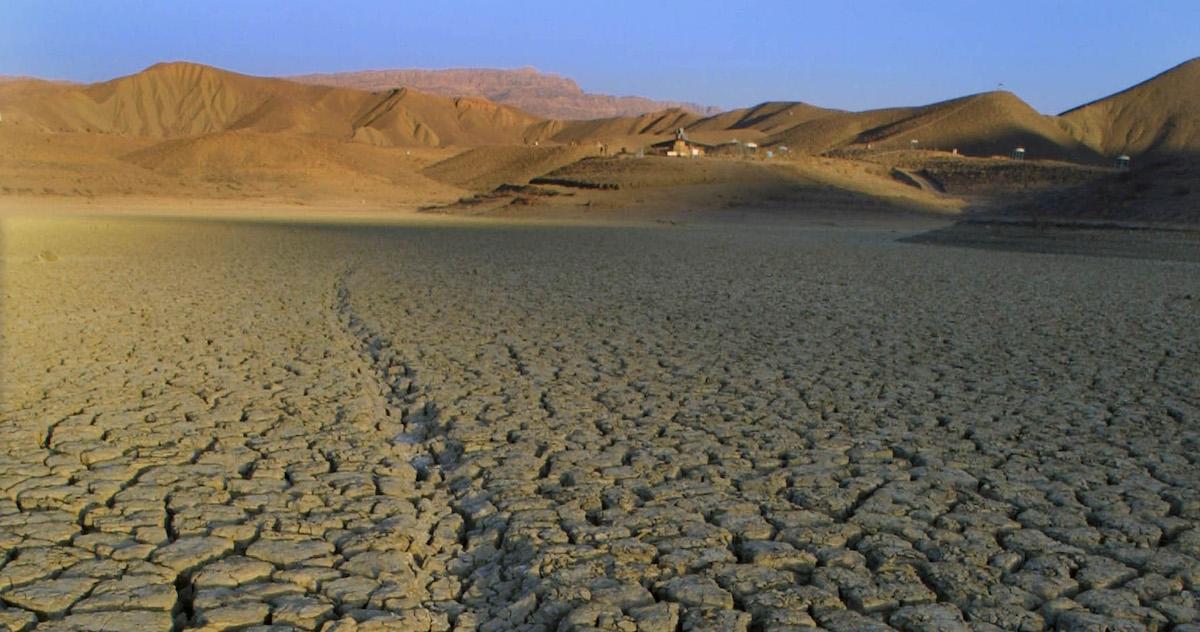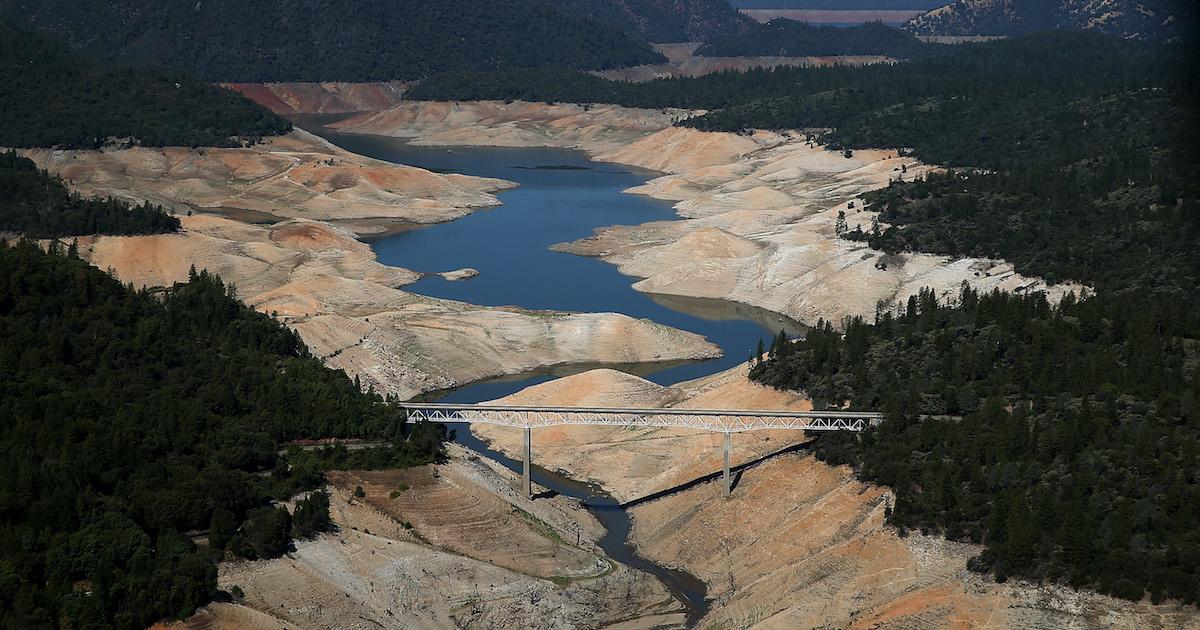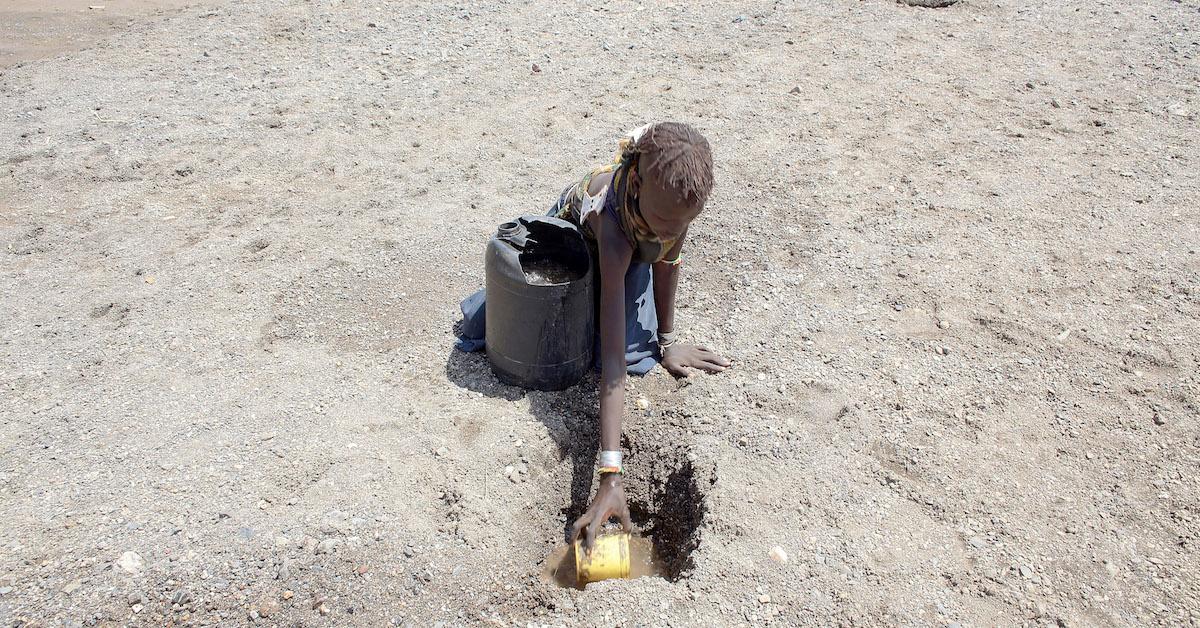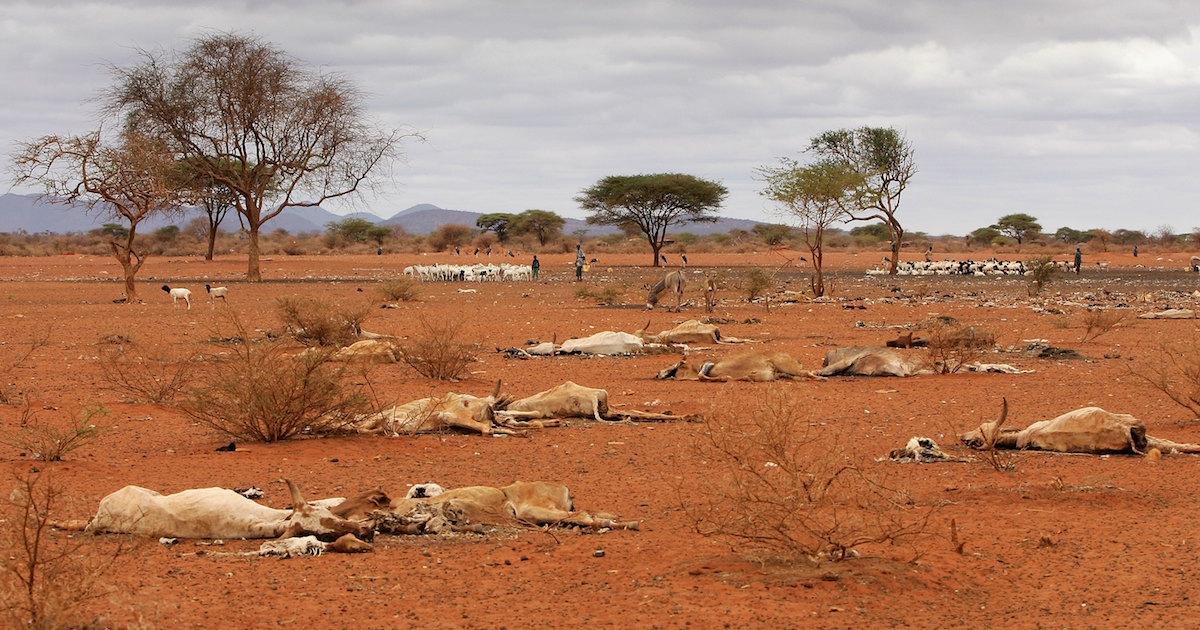How Climate Change Affects Droughts
Published June 14 2021, 5:16 p.m. ET

Currently, the American West is facing one of the most severe droughts in recent history. The situation has become increasingly dire in some cases, especially in places like Utah, Arizona, New Mexico, and California.
The conditions don’t seem to be abating even as the summer looms bleakley on the horizon, and many find themselves wondering if droughts like these are caused by climate change, or if the culprit is something different but just as worrying.
Are droughts caused by climate change?
The Center for Climate and Energy Solutions reports that climate change increases the odds of drought, especially in drought-prone regions like the Southwestern U.S. Low precipitation and increased heat are complications created by climate change, and these complications severely impact the risk of droughts persisting, even when positive climate feedback loops occur.

Is climate change responsible for the droughts in the Western U.S.?
According to The New York Times, 84 percent of the West is contained in the present drought — and scientific evidence gathered by the National Oceanic and Atmospheric Association (NOAA) is placing much of the blame squarely on the shoulders of climate change. Other, smaller factors are playing a role, according to NOAA, but the main causes of the current drought stem from two distinct events: 2020’s uncharacteristically dry monsoon season and the rising water temperatures of the previous year.
NOAA has dubbed 2020’s superheated monsoon season as a "nonsoon" because it was the hottest, driest one on record. That decreased rainfall has had an impact in many places, including the American West. 2020 was also the second-hottest year on record, which makes for “better” drought conditions. Rising temperatures cause snowpacks to melt faster, creating less runoff, which is water needed by the ecosystems and communities that exist directly below it.

What causes droughts?
According to SciJinks, if an area begins experiencing less rain than usual and more heat, a drought occurs. When these drier than normal conditions occur, water supplies dry up fast. Rising temperatures exacerbate this effect, further evaporating the moisture in the surrounding soil.
Now, there are plenty of dry places in the world without conditions that would label them as experiencing drought, but even those places get some rain now and then. When those drought conditions persist and rain still refuses to fall, there is a danger for every living thing in the surrounding area.

Do droughts cause wildfires?
According to the National Integrated Drought Information System, wildfires are an inevitable aftereffect of droughts. As fields and forests become increasingly parched by the overall lack of rain and water, once inconsequential sparks of fire can cause unprecedented immolations. Just look at the lengthy and destructive wildfires that have taken place in California and Australia in recent years.

Are droughts natural disasters?
According to the EPA, droughts occur throughout North America, and many regions seem to be experiencing drought conditions with increasing regularity. However, this does not mean that they are considered natural disasters, because their severity can rarely be measured.